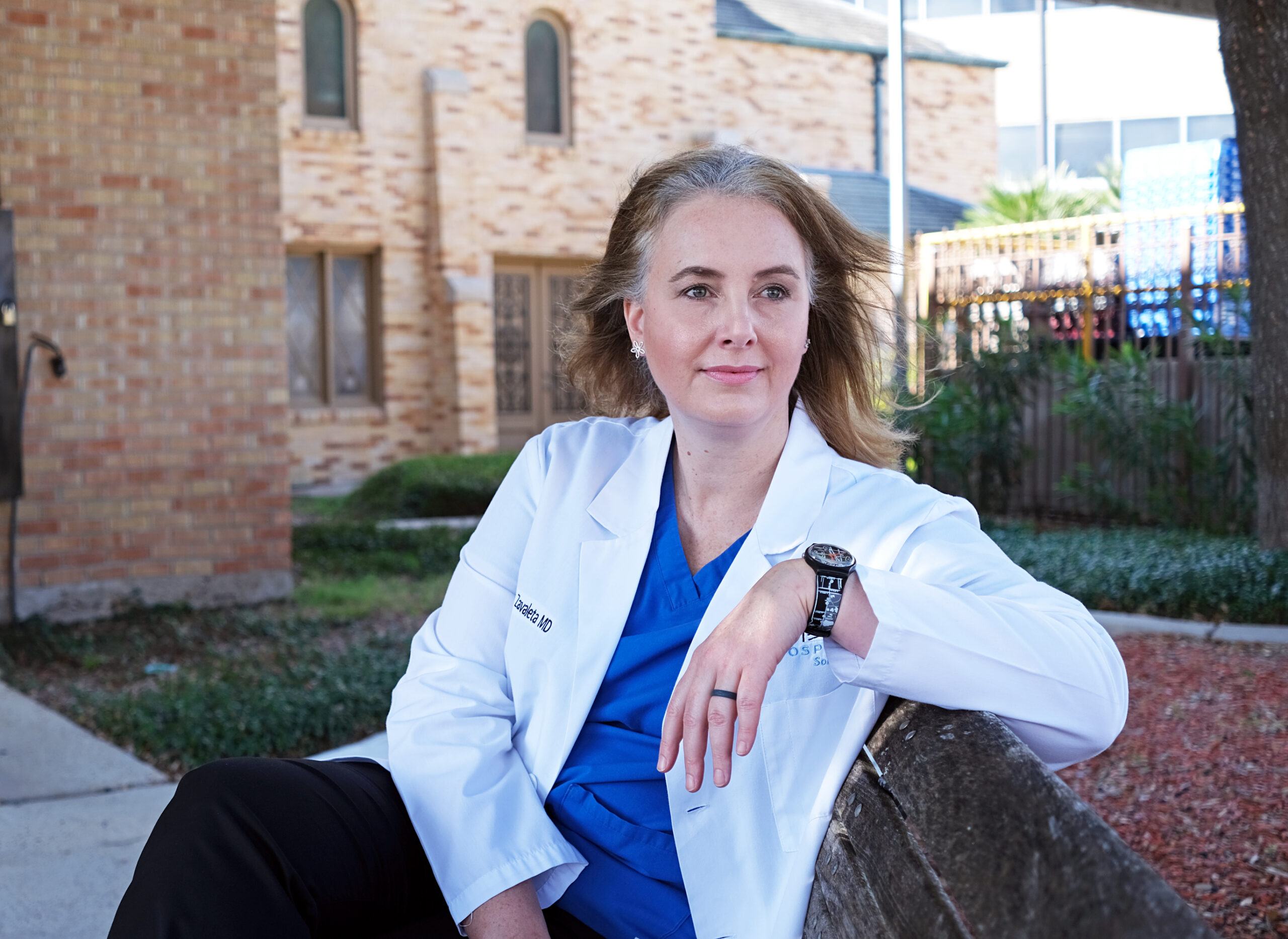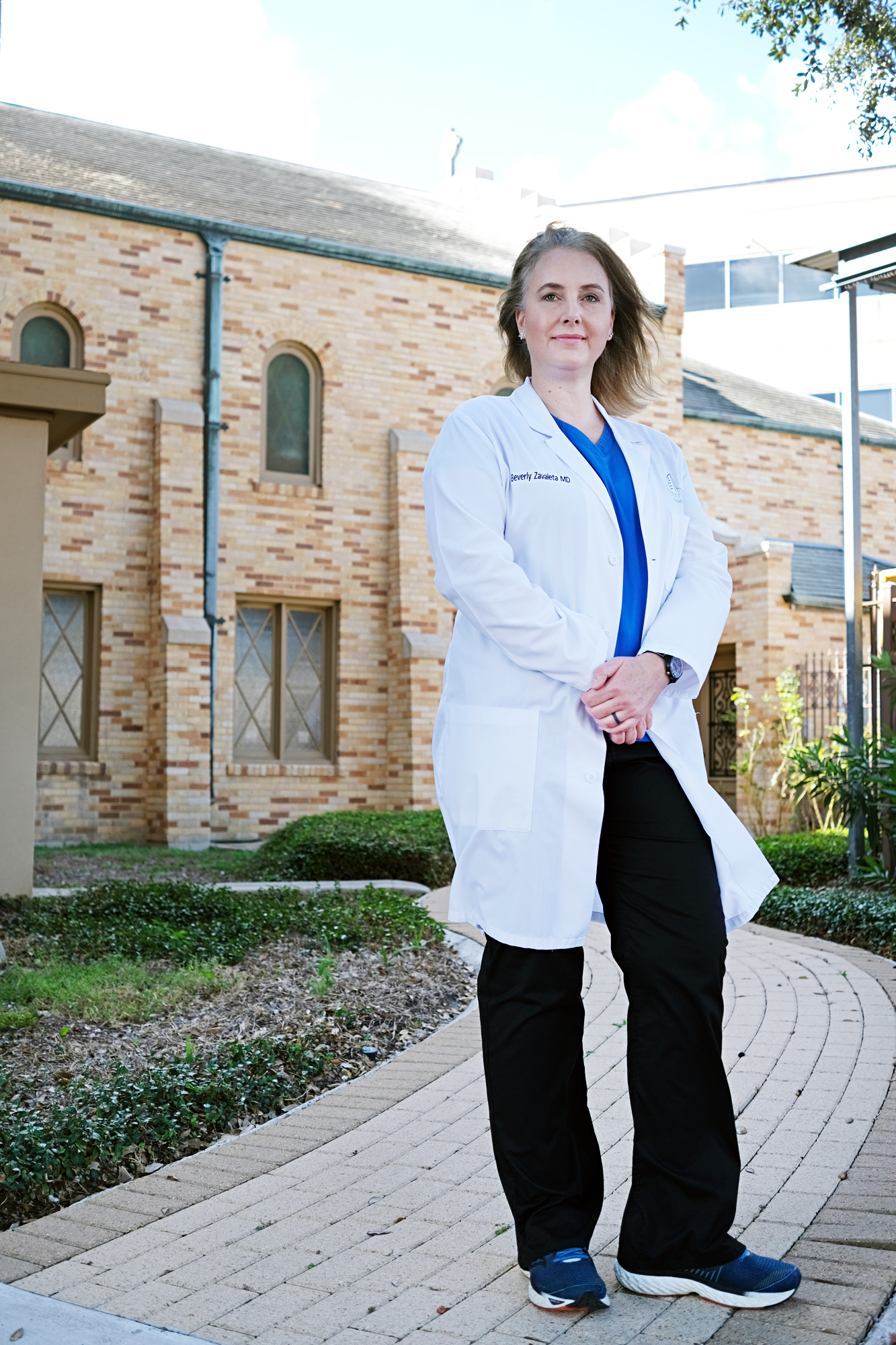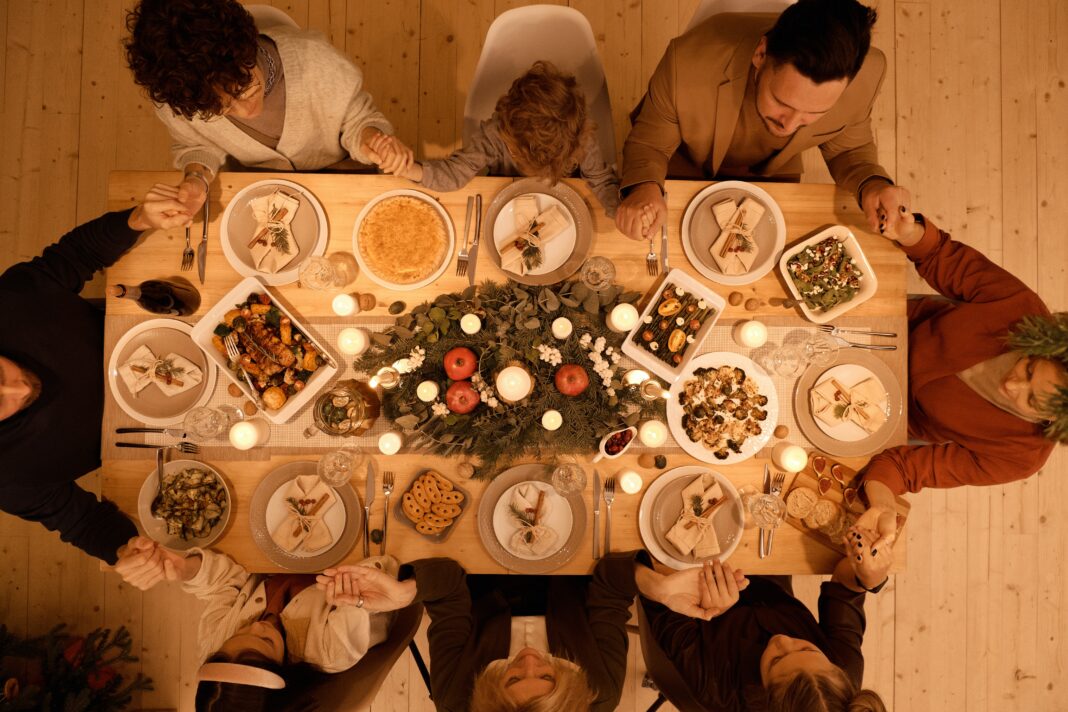A lot has changed in a year.
In the run-up to the holidays in 2020, national and local health experts pleaded with the public to drastically downsize or forego altogether their usual family gatherings to prevent new spikes in COVID-19 cases. At the very least, they advised, take precautions such as mask wearing or celebrating outdoors.
Many people heeded those pleas, though many didn’t, and the spikes in infections materialized just as experts warned they would. This year, however, many more people are vaccinated — at least in Cameron County and the Rio Grande Valley, which leads the state in terms of vaccination rate — and health experts are saying it’s OK to get together for the holidays as long as everyone is fully vaccinated.
For a large chunk of the population, being fully vaccinated now means having received a third dose, said Beverly Zavaleta M.D., physician advisor for Valley Baptist Hospital-Brownsville.

“If you have not been fully vaccinated please, please get your vaccinations,” she said. “That means if you’re not vaccinated at all please go get your vaccine, and if you are in a group where it’s recommended to get a booster, please go get your booster. They’re readily available. You can schedule it and many places have walk-in. I would encourage people that, even if you’re having trouble scheduling it, many places will take a walk-in anyway.”
On Nov. 2, the Centers for Disease Control and Prevention recommended that children 5-11 years old be vaccinated against COVID-19 with the Pfizer-BioNTech pediatric vaccine.
“So now all kids of school age can get vaccinated,” Zavaleta said. “Almost everybody in the United States can get vaccinated. The reason that’s important is even if you were to have somebody come down with COVID, over 90 percent of the time it should be a mild case and the person wouldn’t be hospitalized.”
She’s also spreading the word about monoclonal antibody therapy. It’s still available for anyone who comes down with COVID and is very effective at keeping people out of ICU — as long as it’s done within the first few days of becoming infected, Zavaleta said.
“The guidelines are 10 days or less of infection,” she said. “If you do feel ill, go get tested. I think some people feel like they’re want to put their head in the sand and not know whether they have it or not. But it’s useful to know, because if you’re in a high-risk group … then you can lower your risk of severe disease, hospitalization and death.”
That high-risk group includes people with diabetes or obesity, or who are older than 65, Zavaleta said.
While the risk of getting sick isn’t zero even for fully vaccinated people, Thanksgiving and Christmas are on again this year, though special care should be taken with family members who are undergoing chemotherapy or lupus treatment or taking any medication that suppresses the immune system, because they are especially vulnerable to COVID infection, she said.
“You have to take into account who’s in your family and what they’re risk factors are,” Zavaleta said. “Then it might be the loving, caring thing to do not to have 20 people with no masks around that person.”
With the Valley’s mild fall and winter, celebrating the holidays outdoors is a realistic option in those cases, she said. But in general, even people in their 70s and 80s will be all right as long as they have had their boosters, she said.
“That’s a very, very high degree of protection,” Zavaleta said. “The research studies have shown that having everybody boosted really gives good protection against hospitalization and death.”

Even if COVID does manage to break through, being fully vaccinated means avoiding severe symptoms in nearly every case, she said.
“I think the trouble comes in if you have some family members who have decided that they don’t want to get vaccinated,” Zavaleta said.
The assumption that having caught COVID already creates immunity is incorrect, she said, noting that the level of protection from natural disease — getting sick — isn’t nearly as high as that from being fully vaccinated. The unvaccinated, therefore, can pose a risk to their own family members, Zavaleta said.
In general, she’s proud of the Valley’s high vaccination rate, doubtless prompted to some degree by the deadly wave of infections that swept through in summer 2020.
“We have some of the lowest case rates right now compared to the rest of Texas and the rest of the country,” she said. “That directly correlates with the fact that we have a higher vaccination rate. … I encourage everybody to keep up the great work.”
Zavaleta said she thinks it’s a result of the “kind and caring spirit of our community,” which she believes is also the reason the Valley has avoided for the most part the type of “selfishness and toxic individualism that has taken hold in some places and really separate people from another.”
“In our region, county, city we’ve been able to avoid that,” she said. “We’ve been able to come together, with rare exceptions.”
After nearly two years of pandemic trauma, families being able to celebrate the holidays together more or less normally is certainly something to be thankful for.
“I think people should feel comfortable gathering,” Zavaleta said. “We can get together.”





